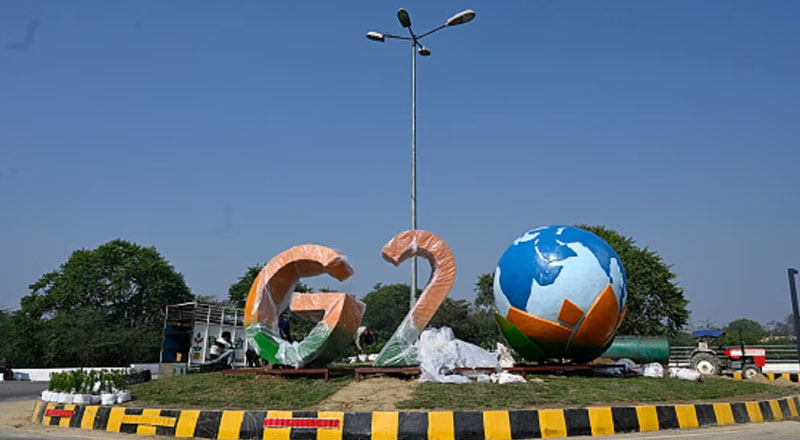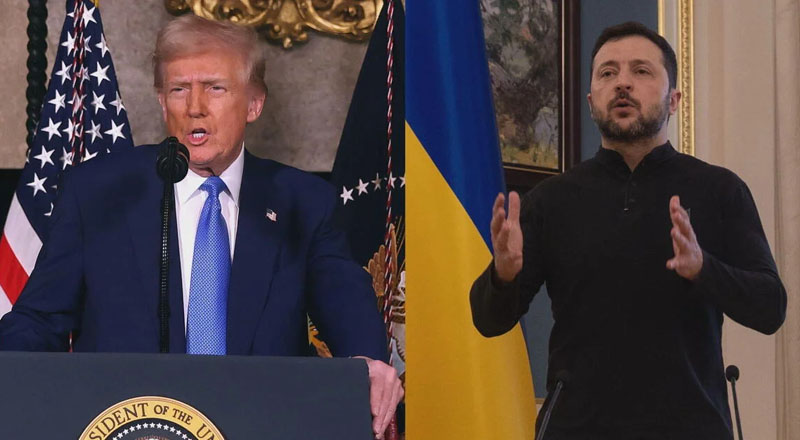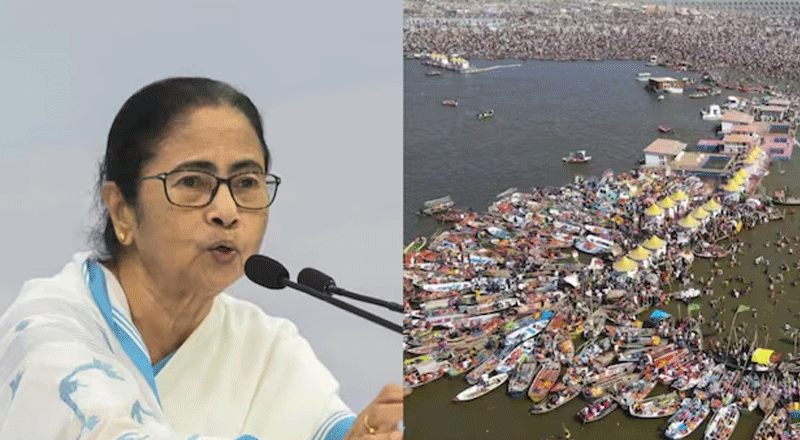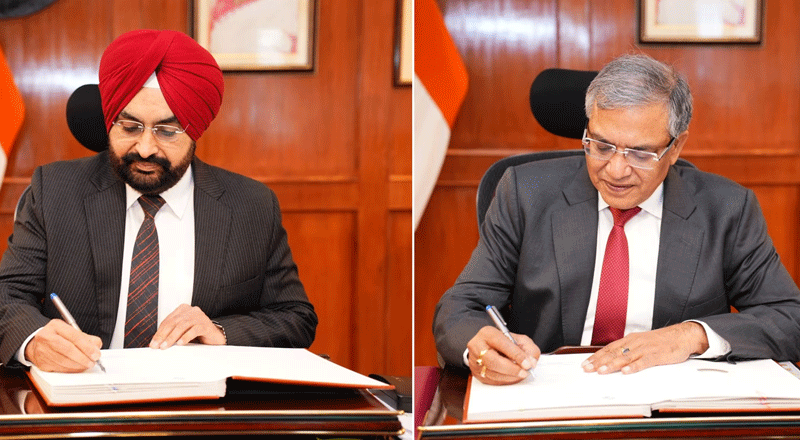- Under India’s Group of 20 (G20) presidency foreign minister met his American, Chinese and Russian counterparts, hoping to find enough common ground to deliver a joint statement.
- Analysts say that throughout the war New Delhi has deftly balanced its ties to Russia and the West, with Modi emerging as a leader who has been courted by all sides.
- India, analysts say, prides itself on its ability to balance relations. India has undermined Western sanctions by increasing its purchases of Russian oil, coal and fertilizer. At the same time, it has grown closer to the West – particularly the US – despite ties with Russia.
- Russia has promised to support India’s G20 presidency, saying that Moscow believes in New Delhi’s ability to restore confidence in multilateral diplomacy.
Foreign ministers from the world’s biggest economies have convened in New Delhi, setting the stage for a grand test in Indian diplomacy as it attempts to navigate tensions over Russia’s brutal and unprovoked invasion of Ukraine.
In the second high-level ministerial meeting under India’s Group of 20 (G20) presidency this year, the country’s foreign minister, Subrahmanyam Jaishankar, will meet his American, Chinese and Russian counterparts Thursday, hoping to find enough common ground to deliver a joint statement at the end of the summit.
“The experience of the last few years, the financial crisis, climate change, the pandemic, terrorism and wars clearly shows that global governance has failed,” Modi said. Mentioning the war in Ukraine, Modi acknowledged the conflict was causing “deep global divisions.” But he encouraged the foreign ministers to put differences aside during their meeting Thursday. “We should not allow issues that we cannot resolve together to come in the way of those we can,” he said.
Analysts say that throughout the war New Delhi has deftly balanced its ties to Russia and the West, with Modi emerging as a leader who has been courted by all sides. But as the war enters its second year, and tensions continue to rise, pressure could mount on countries, including India, to take a firmer stand against Russia – putting Modi’s statecraft to the test.
India, analysts say, prides itself on its ability to balance relations. The country, like China, has refused to condemn Moscow’s brutal assault on Ukraine in various United Nations resolutions. Rather than cutting economic ties with the Kremlin, India has undermined Western sanctions by increasing its purchases of Russian oil, coal and fertilizer. But unlike China, India has grown closer to the West – particularly the US – despite ties with Russia.
New Delhi’s ties with Moscow date back to the Cold War, and the country remains heavily reliant on the Kremlin for military equipment – a vital link given India’s ongoing tensions with China at its shared Himalayan border. The US and India have taken steps in recent months to strengthen their defence partnership, as the two sides attempt to counter the rise of an increasingly assertive China.
Prime Minister Narendra Modi talks tough amid a big global divide over Russia’s war in Ukraine during his address at the G20 Foreign Ministers’ meeting. ‘No group can claim global leadership,’ says the PM in a veiled but bold message to NATO. Prime Minister Modi also highlighted the failures of global governance. PM Modi called on G20 members to be more inclusive and rise above differences.
Ally Russia has promised to support India’s G20 presidency, saying that Moscow believes in New Delhi’s ability to restore confidence in multilateral diplomacy.





